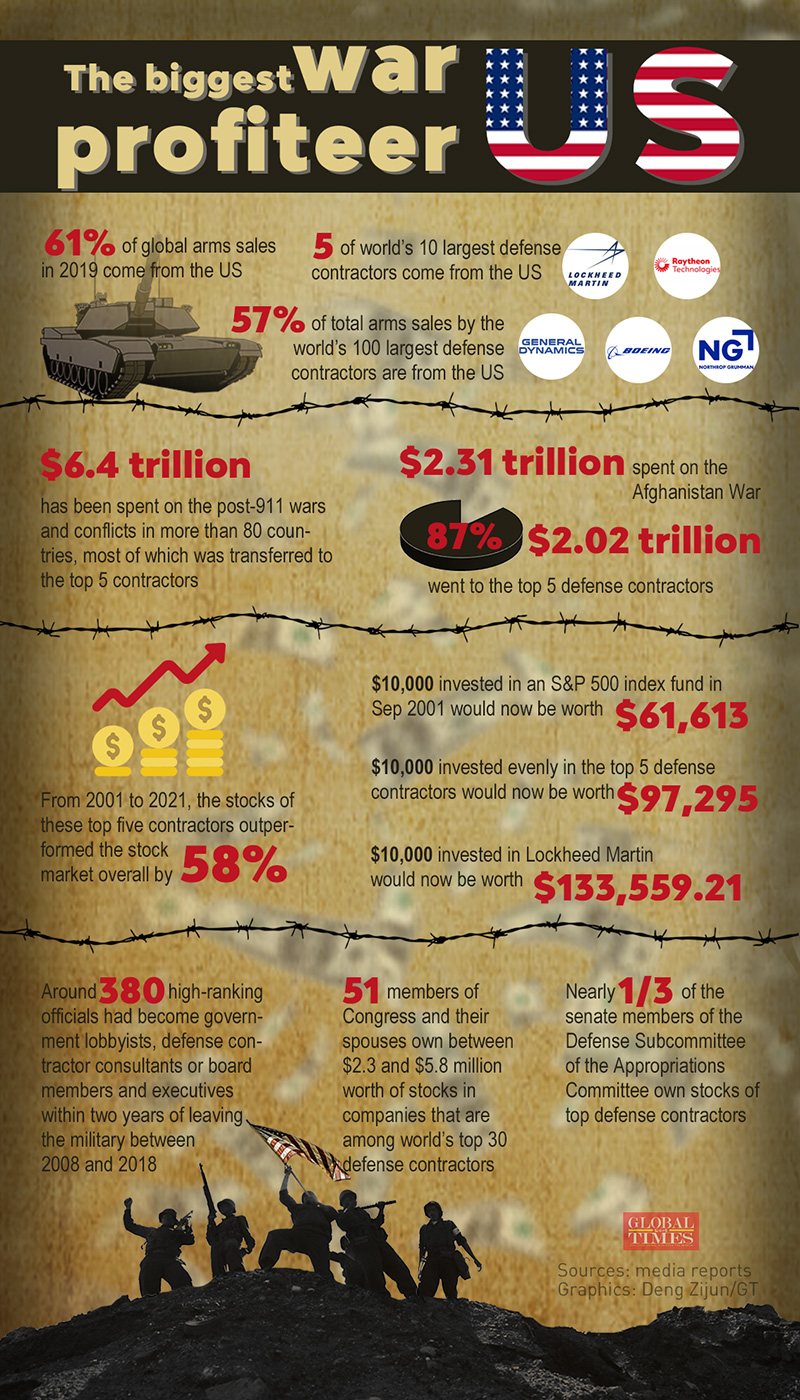
“War! What is it good for?” That’s the question the Motown group the Temptations asked back in 1968. Their answer, as people my age will remember, was: “Absolutely nothing!” Modern wars almost always kill more civilians than combatants, especially when collateral effects like the destruction of infrastructure are taken into account, and they rarely achieve their stated objectives, writes ‘Counter Punch’.
And yet, today’s wars are regularly fought because people believe war is the best, often the only method of protecting innocent people from violent death. Collective human experience would seem to suggest the opposite. As a means of preventing death, war really does leave something to be desired. Even if you’re willing to treat the deaths of enemy civilians as a “necessary” price to pay for your own people’s survival, history suggests that, in the long run, those deaths won’t protect you. Unless the IDF is prepared to kill everyone in Gaza, it’s unlikely that those who live through the present nightmare will come out of it with less desire to kill Israelis than they had before it started.
It turns out, however, that wars — big and small — are good for something: enriching the corporations that manufacture weapons. As the Los Angeles Times reported in September, the war in Ukraine has been a boon to weapons manufacturers, especially in the United States:
“Weapons companies are seeing their shares rise on the stock market to their best level in years, with indexes for the defense sector outperforming those tracking the broader market by a wide margin… The combat in Ukraine, now in its second year, has jacked [up] the global arms trade, fueling a new appetite for matériel not just in Moscow and Kyiv but also around the world as nations gird themselves for possible confrontations. The war has rocked long-standing relationships within the weapons industry, rejiggered the calculations of who sells what to whom and changed customers’ tastes in what they want in their arsenal.”

One example of this realignment: Israel and the United Arab Emirates have started a joint weapons development project. European governments, too, from the United Kingdom to Germany, have raised their weapons-production game, with Germany pledging to spend $100 billion to re-equip its armed forces in the next few years.
Now, Ukraine seeks to kill two birds (and a lot of people) with one stone, by partnering with U.S. companies to turn the country into what the Associated Press calls a “weapons hub for the west.” As the Ukrainian Minister for Strategic Industries Oleksandr Kamyshin told the AP, “We’re really focusing on making Ukraine the arsenal of the free world.”
War may not be healthy for children and other living things, but it’s great for the arms industry.
Is there no alternative?
Why, when war so rarely seems to achieve its stated aims, are the people who seek alternatives to it invariably considered naïve or stupid? Where is the wisdom in doing the same murderous thing again and again, each time expecting a different outcome?
War, we are told, is necessary because there is no legitimate alternative. Refusal to use violence when you’ve been attacked or when you live under a regime of grinding oppression is at best stupidity and at worst cowardice. Yet for decades, as journalist Peter Beinart wrote eloquently in the New York Times after the October 7th attacks, Palestinians, who are neither stupid nor cowards, have done precisely that — employing time-honored strategies like the 2018 March of Return, a series of massive peaceful demonstrations at the Israeli wall surrounding Gaza. In the nonviolent Boycott, Divestment, and Sanctions movement, or BDS, Palestinians have adopted a method once employed by the African National Congress to bring pressure on South Africa’s apartheid regime. As a senator, Joe Biden voted for sanctions on South Africa, but as president, he’s condemned the BDS movement as “too often veer[ing] into antisemitism.”
In Israel/Palestine, it turns out there is an alternative to war, indeed more than one. It’s not easy or safe, however. The Israeli organization Standing Together, for example, unites Palestinians and Jews in concrete work, like running a bilingual hotline for people affected by violence or racism, in an effort to bypass what they see as the stagnation miring both major NGOs and the leftist parties in Israel. In the wake of the October 7th attack, they wrote to their supporters:
“After over a month in this horrific reality, the feelings of despair are starting to creep up on everyone. It’s in moments like these that solidarity and hope are more important than ever. If we let despair win, we lose our ability to act, and if we don’t act, we won’t have an impact on our reality. We know that, in these incredibly difficult times, we must continue to act — by strengthening the partnership between Jews and Palestinians — and working together to start to think about what happens the day after this deadly war ends, and what kind of society we want to build.”
Standing Together is not alone in seeking another way. One of those killed by Hamas was peace activist Vivian Silver, who spent her life building connections between Palestinians and Jewish Israelis. She served on the board of B’tselem, an Israeli human rights organization, and routinely drove Gazans in her car to healthcare appointments in Israel. In her newsletter, her friend Dana Mills, a former director of the Israeli group Peace Now, wrote that “the only way to avenge this horrific loss of Vivian’s life” is to continue to support her demand for justice and peace for everyone “between the river and the sea.”
That response to Silver’s death continues the tradition of nonviolent action as the only possible means of interrupting a deadly cycle of revenge and counter-revenge.
read more in our Telegram-channel https://t.me/The_International_Affairs

 10:25 04.12.2023 •
10:25 04.12.2023 •






















